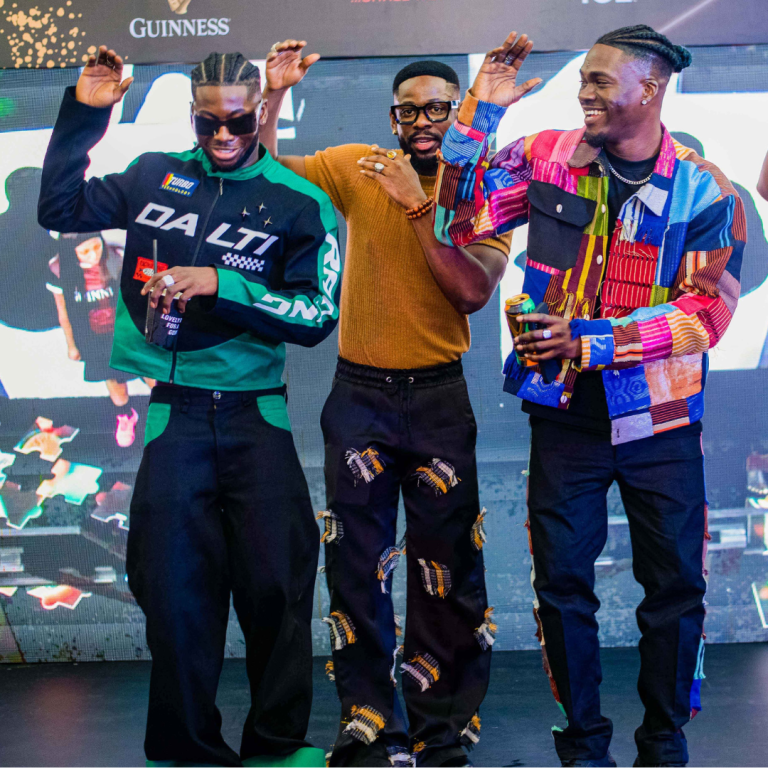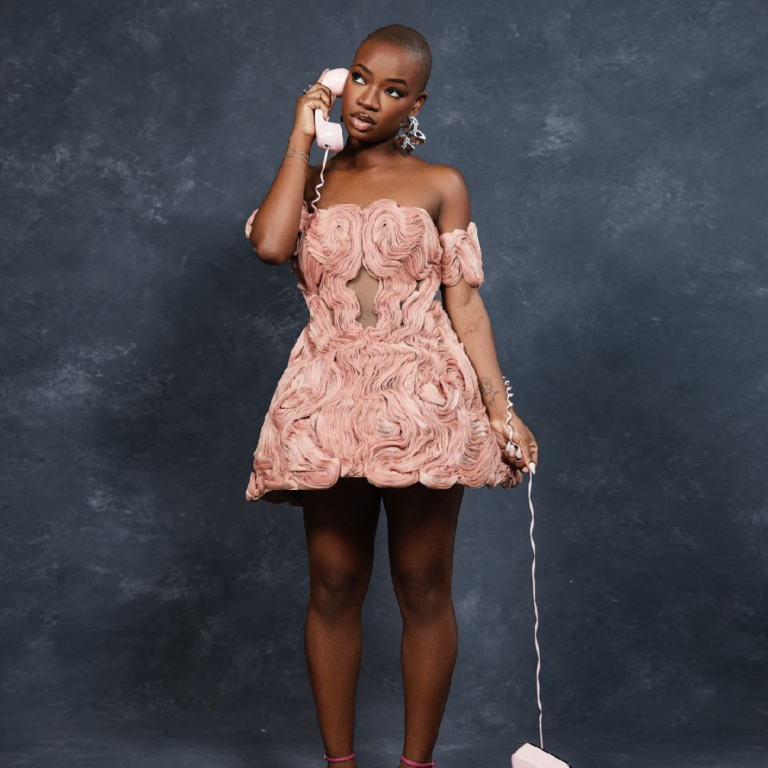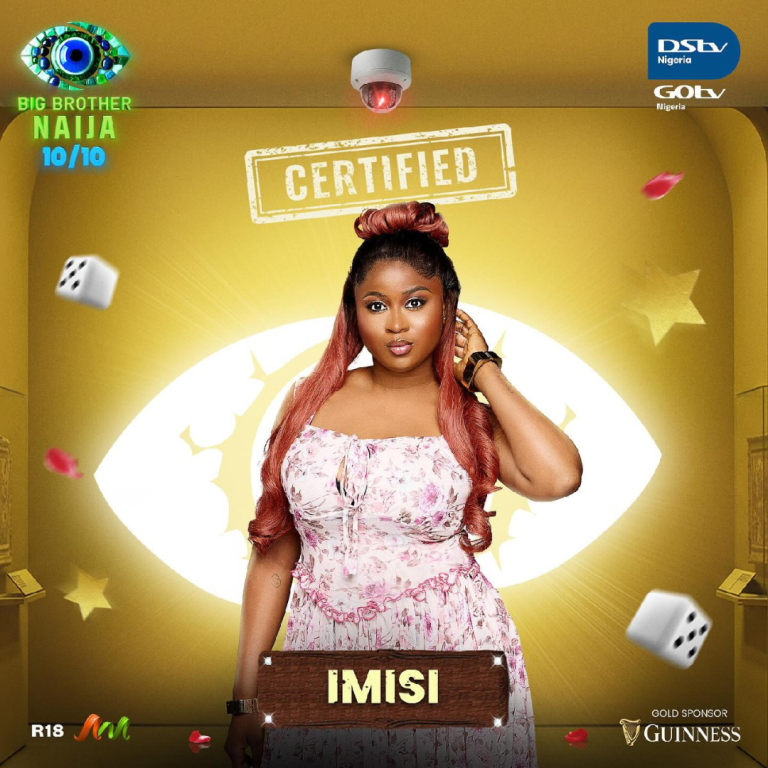In 2023, glamorous AI-generated images of stylish Nigerian seniors on the runway went viral. They were the handiwork of Malik Afegbua, a long-time video producer who had worked on TV commercials for brands like American Express, Bet9ja, and Access Bank.
But his curiosity led him down the path of AI. Long before it became a buzzword among Silicon Valley enthusiasts, Afegbua had been tinkering with AI. So when the boom came, he attacked.
In the first Made in Nigeria for 2025, he opened up about how he started as a creative, the biases Africa faces in the AI world, and how Nigeria can cash in big on large language models.
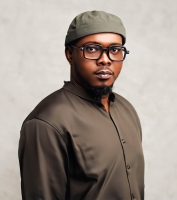
This interview has been edited for clarity and length.
How did you get started in the creative space?
My first company was a clothing line when I was in the UK for school. It was my first-ever attempt at commercial creativity. I was not a traditional fashion designer. I didn’t go to any creative school. I was curious about how to make urban fashion. Back then, it was mostly hoodies and shirts. I bought rhinestone cutters, heat presses, and materials to make my customised T-shirts.
Where did this interest in fashion come from?
I have always been gifted with design. I just have the eyes, so I started designing my T-shirts. My friends will see them and ask, “Where did you get that? Is it from Marks & Spencer, or is it from River Island?” I’ll be like, “I made that,” and they didn’t believe me. Then I told them to challenge me with an idea, and I’ll make the T-shirt for them. That was how I started selling. I got lost on contracts. I was making hoodies for schools, bars, etc.
How did the business do when you moved back to Nigeria?
When I returned to Nigeria for NYSC, I returned with all the equipment I used to make my designs. Then I got a contract to do T-shirts for a political party, and that was when I decided it wasn’t for me. I didn’t take the contract, which was for 40,000 shirts or so.
I realised then that the market was different, and I didn’t want to continue with the fashion line. It was much harder to do in Nigeria, whereas in the UK, it was fun. So, I gave all my equipment to someone who needed it.
What happened next?
I was a producer at Nigezie during my NYSC. That was when I fell in love with media and the effect of storytelling. I realised just how impactful content can be and how it can change perspective. I just saw the power. Then, I set up my first media company, Slick TV. I did a lot of interviews with people who are celebrities now but were not back then. They were still upcoming. I did a lot of TV shows. I got two contracts: one to be on TVC as a filler and Silverbird as an actual show. It was a late-night show. This was before Ndani TV.
I made the shows with Steven Ator (who is Asake’s manager now). He was a producer at Nigezie.
I had an editor with whom I used to work. I used to beg him to edit videos, and he would work on two-minute videos for days. So I told myself that this cannot be hard. I will edit and ask him questions, and he will laugh at me. But I was constantly watching videos on editing, and I got better. It got to the point that I was training people at film school how to edit. I realised that anybody can do anything if you’re passionate about it.
Slick TV was one of our first YouTube channels, but I wasn’t making money or getting ads. I didn’t understand the business back then, and many people who knew what they were doing had been in the industry long before me. I was just passionate about it and spending my money.
So you dumped it?
Yes. I moved away from that and started to create wedding videos. I was one of the first people to start doing cinematic wedding videos. Many people here before me were doing great work, but I always liked to look at the prospect of things. I started asking myself, “Is this scalable? Can I attach something to this?” I didn’t see wedding videos as something that would do well in the future, so I also stopped.
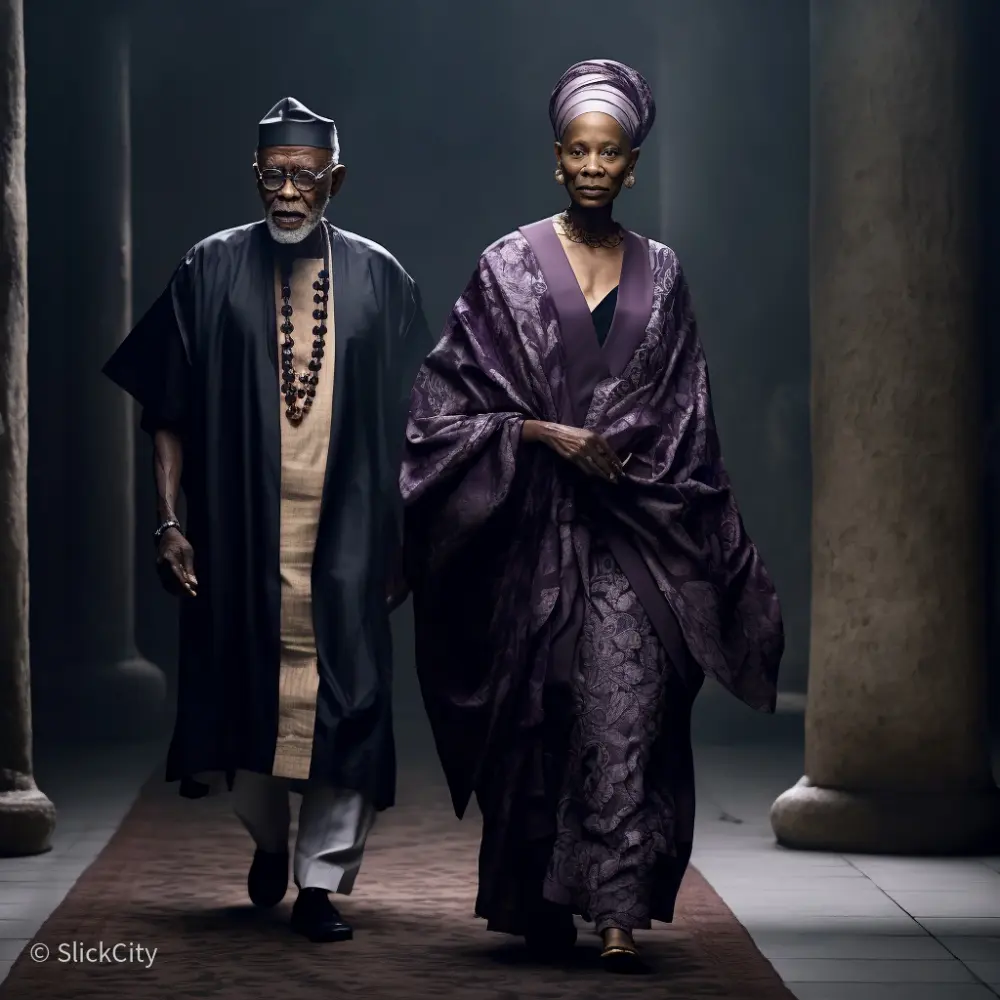
How did you get back to being a producer again?
Tajuddeen Adepetu, the owner of Souncity, got in touch with me and asked if I could do those shows like I did for Slick TV for Spice TV (which he also owned). I had never met him before. I didn’t even know who he was. But we had a meeting, and he gave me my first contract to do TV shows for them.
I already had my production company then. I produced three shows for them from scratch. There were Wedding Planners, Bargain Hunters, and Glam Mamas. They just gave me the brief, and I produced and gave them the finished shows. I did three seasons with them.
What was making those shows like?
For the first season, I hired people who had been in the industry for 10 to 15 years so I could learn proper production. They did the technicalities. I didn’t know how to edit then. I just knew what I wanted. So, I returned to the drawing board to learn how to use cameras and lighting and trained myself. Then I stopped with Tajuddeen.
Why did you end the contract with Soundcity?
I felt I needed to go professional, and I asked myself why, when advertising agencies wanted to do adverts, they went to South Africa to bring people here to direct and get a white crew. A lot of that happened then, and I realised it was quality control. I decided to cross my Ts and dot my Is. That was when I started to get TV commercial jobs. I did a lot of major TV commercials, from Bet9ja to American Express to Access Bank. But nobody knew who I was. I was just doing my thing, making my money.
When did your interest in the virtual world start?
Seven/eight years ago, I was messing around with virtual reality. The cameras were very low quality. There were only Google Cardboards. No Oculus. That was how I trained myself to be a VR producer. I went to big companies to speak about VR content; they were like Nigeria was not ready for it. It was a downer, but I continued. Eventually, Meta saw me, and I did two collaborations with them via Africa No Filter and Electric South. I got a grant to do an immersive project.
I started researching and discovered about artificial intelligence, which was then called Gantt. I began to explore it. I spend a lot of money on technology. Before buying a car, I buy a camera or gear with which I experiment. My wife is never happy about that. I got a high-spec computer on which I worked with Gantt. When generative AI came out, it was much easier for me to do things with it.
Then COVID happened, and interaction with the virtual space boomed. I started asking myself what I wanted to do with it. At this point, I was already training my own data set and creating innovative things.
Why did you want to use AI to create stylish seniors on the runway?
There is a personal reason and a storytelling side. The personal reason is my mother, who died two years ago. She was on life support for a long time. I was just trying to create people of her age who didn’t look impoverished. When we think of elderly people, we think of them as retired, no longer part of society, and not fashionable.
I wanted to change that perception. She liked fashion, and I wanted to put her on the runway. But I had no reference, which was why I created mine. It led to lots of conversation, and it changed my life. I am not popular in Nigeria, but when I leave the country, people really regard me just based on that work. They’ve seen it.
What are you currently working on?
I’m a futurist and like to work on things that don’t currently exist or can shape narratives. Unfortunately, they don’t pay you right now.
But currently, because of the bias that Africa is facing in the AI space, I’ve set up a program to challenge that, that will analyse, collect, preserve, tag and properly use African data to train large language models that represent Africa properly. All the data that has been used to train AI were found online, and they were not filtered. And the representation of Africa is already biased. I am not trying to get my data online but physically here to properly tag and train the AI.
I’ve set up a database that you can go to and crowd-fund data or put in your data and tag it properly. The incentive for people to do this is that they get credit, which they can use for a generative AI I’m working on. This is all self-funded. I am also working on an art installation that bridges traditional art with futuristic technology.
How is the AI space biased against Africa?
If you prompt “A boy in Lagos,” you will likely get an image of a poor baby in dirty Lagos. Even if you prompt, “Handsome boy in beautiful Lagos,” you still get a biased image. If you put “Nollywood,” you get a village. I have to train the AI myself to see us better.
You are also working on a film. How is that coming along?
I’ve had big producers from production companies ask me to develop the script further because they would like to produce it themselves. For a feature film, that will be at the end of the year because lots of things are happening concurrently.
What is the future of AI in Nigeria?
It’s a bit scary and exciting because of the adoption of it. We are in a world where every country can be equal if they do the right thing. There is a reason China is spending so much on AI. Because they know it’s not going anywhere. If you have the upper hand, you control the world. But in Africa, I am not seeing that. I see there is funding for AI, but I don’t see where it’s going. We have to be makers to have control. And this is the only time we have to do that. If there is a lot more adoption, it will be great for Nigeria.
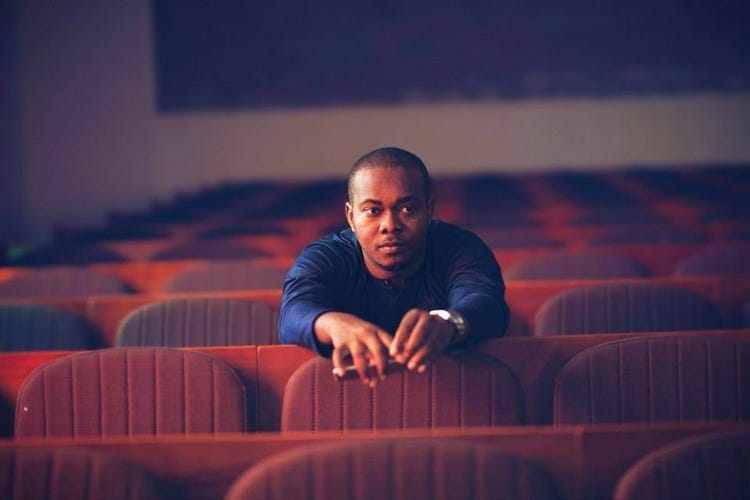
Where do you see yourself in five years?
I plan to own a very big studio—something with a moving stage where you can shoot a film like The Mandalorian. I see myself as a custodian of AI, conducting a lot of training for people and doing amazing things. But who knows? Five years is a long time.


